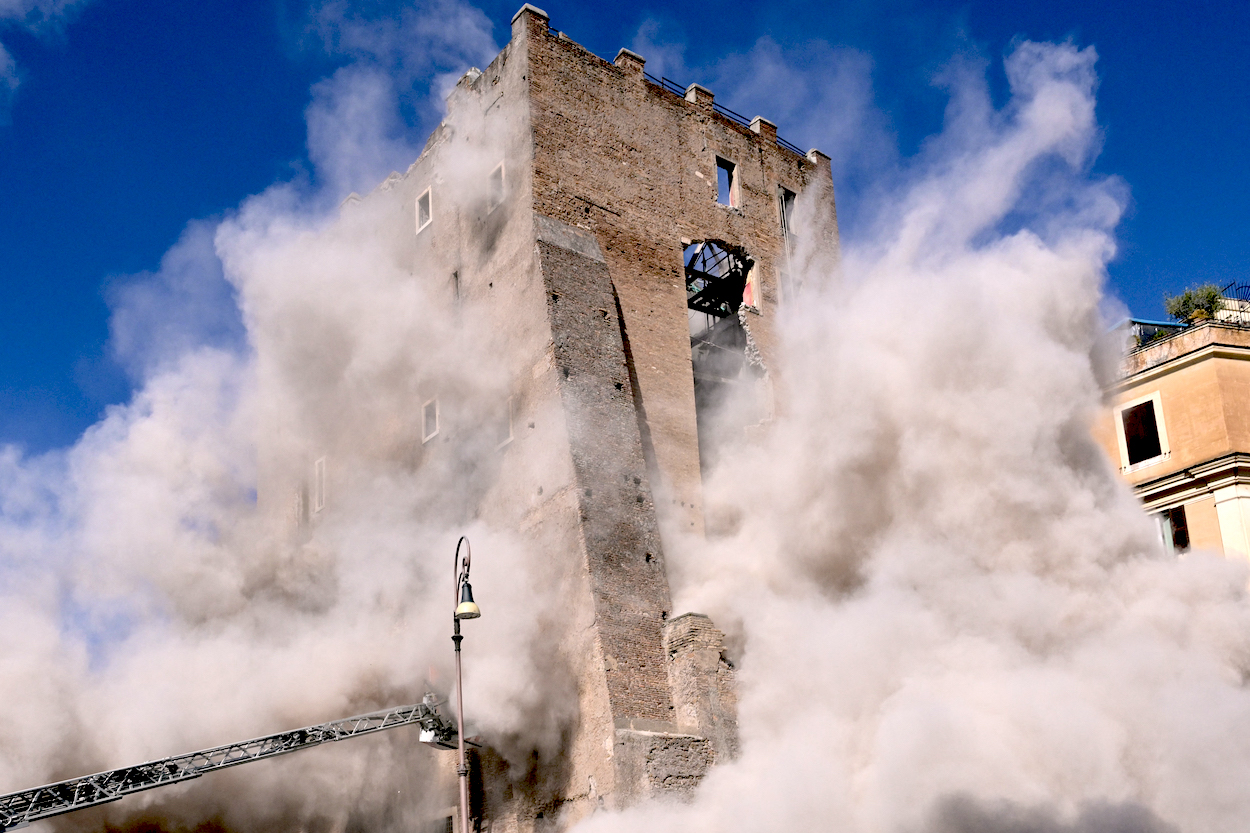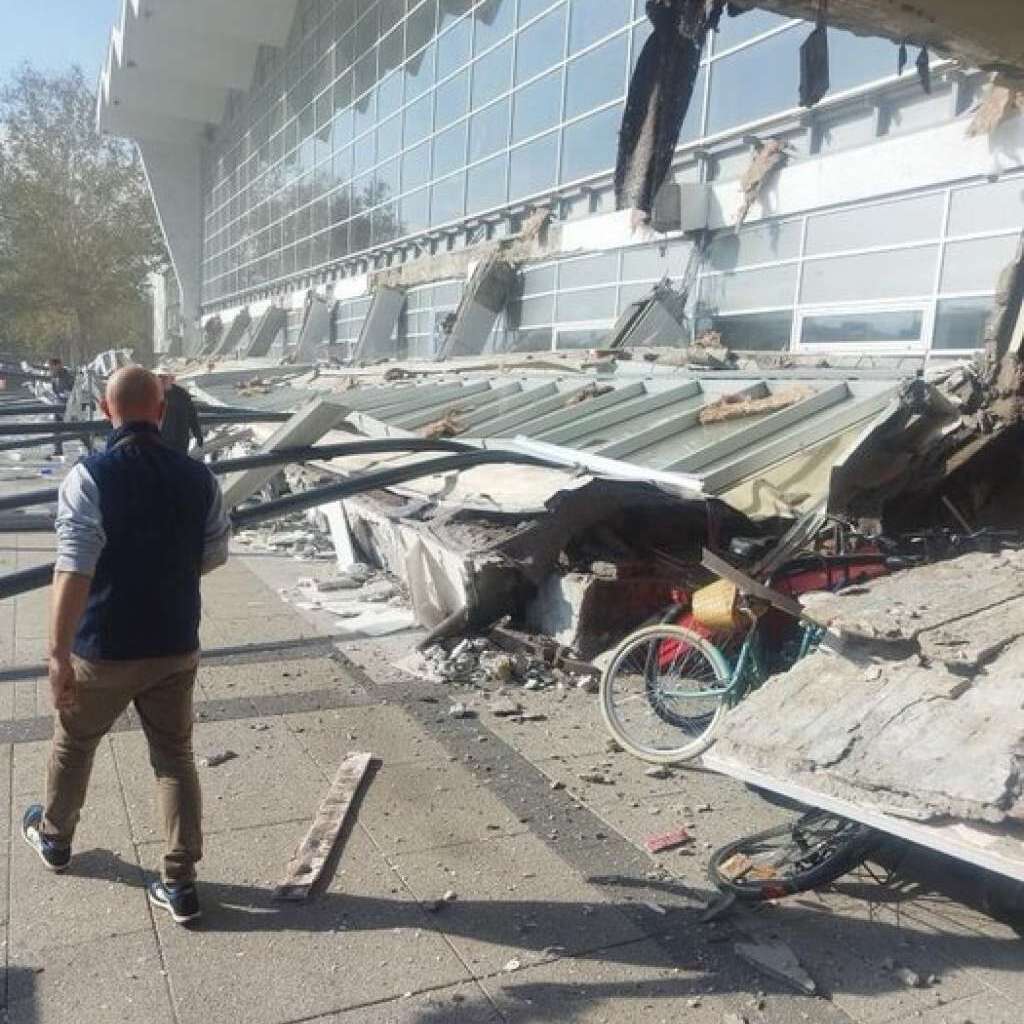
Introduction
The 7/7 bombings, a devastating series of coordinated terrorist attacks, occurred on July 7, 2005, in London, resulting in the loss of 52 innocent lives and injuring over 700 others. This tragic day is crucial to understanding the complexities of terrorism and its aftermath, as the UK continues to grapple with security and resilience in the face of such acts. The 7/7 bombings serve as a haunting reminder of the vulnerabilities faced by urban centres and the need for effective counter-terrorism strategies.
The Day of the Attacks
On that fateful morning, four suicide bombers detonated explosives on three Underground trains and later on a bus. The attacks commenced at 08:50 am, targeting the transport systems during the busy morning rush hour. The first explosion occurred on a train between Kings Cross and Russell Square stations. A second blast ensued shortly after on a train approaching Liverpool Street station, followed by explosions on two more underground trains heading towards Oval and Edgware Road stations. The final attack took place on a double-decker bus, resulting in the highest number of casualties.
Immediate Aftermath and Response
The immediate response from emergency services was swift, with first responders and medics working tirelessly amidst chaos. The British Transport Police and London Emergency Services coordinated their efforts to manage the scene, reassure the public, and ensure safety in the capital. In the weeks that followed, security in London intensified, leading to an overhaul of transport security policies and systems. Public awareness and readiness significantly increased, as citizens became more vigilant regarding suspicious activities.
Legacy and Reflection
In the years since the 7/7 bombings, several memorials have been established, including the 7/7 Memorial in Hyde Park, serving as a tribute to the victims and a place for reflection. The attacks prompted a national conversation about terrorism, multiculturalism, and social cohesion in the UK. While the profound impact of the bombings can still be felt today, the resilience demonstrated by Londoners and the British public has been remarkable, showcasing a spirit of unity and determination to move forward despite the tragedy.
Conclusion
The 7/7 bombings remain one of the most tragic events in modern British history. They not only affected the lives of families and friends of those killed or injured but also shaped government policies and the collective consciousness of the nation. As we reflect on the consequences of that day, it is crucial to continue discussing ways to enhance safety, foster understanding within communities, and remember the importance of resilience. Moving forward, these lessons will remain vital as global threats evolve and pose new challenges to urban environments.
You may also like

Tragic Collapse of Medieval Tower in Rome

Understanding the Impact of the Novi Sad Tragedy

The Role of the Shogun in Japanese History
SEARCH
LAST NEWS
- Remembering Wendy Richard: The Promise to Co-Star Natalie Cassidy
- How Did Anglian Water Achieve an ‘Essentials’ Rating for Mental Health Accessibility?
- Shai Hope Leads West Indies in T20 World Cup Clash Against South Africa
- What We Know About Weston McKennie: Future at Juventus and Past at Leeds
- What We Know About the Upcoming Live Nation Antitrust Trial